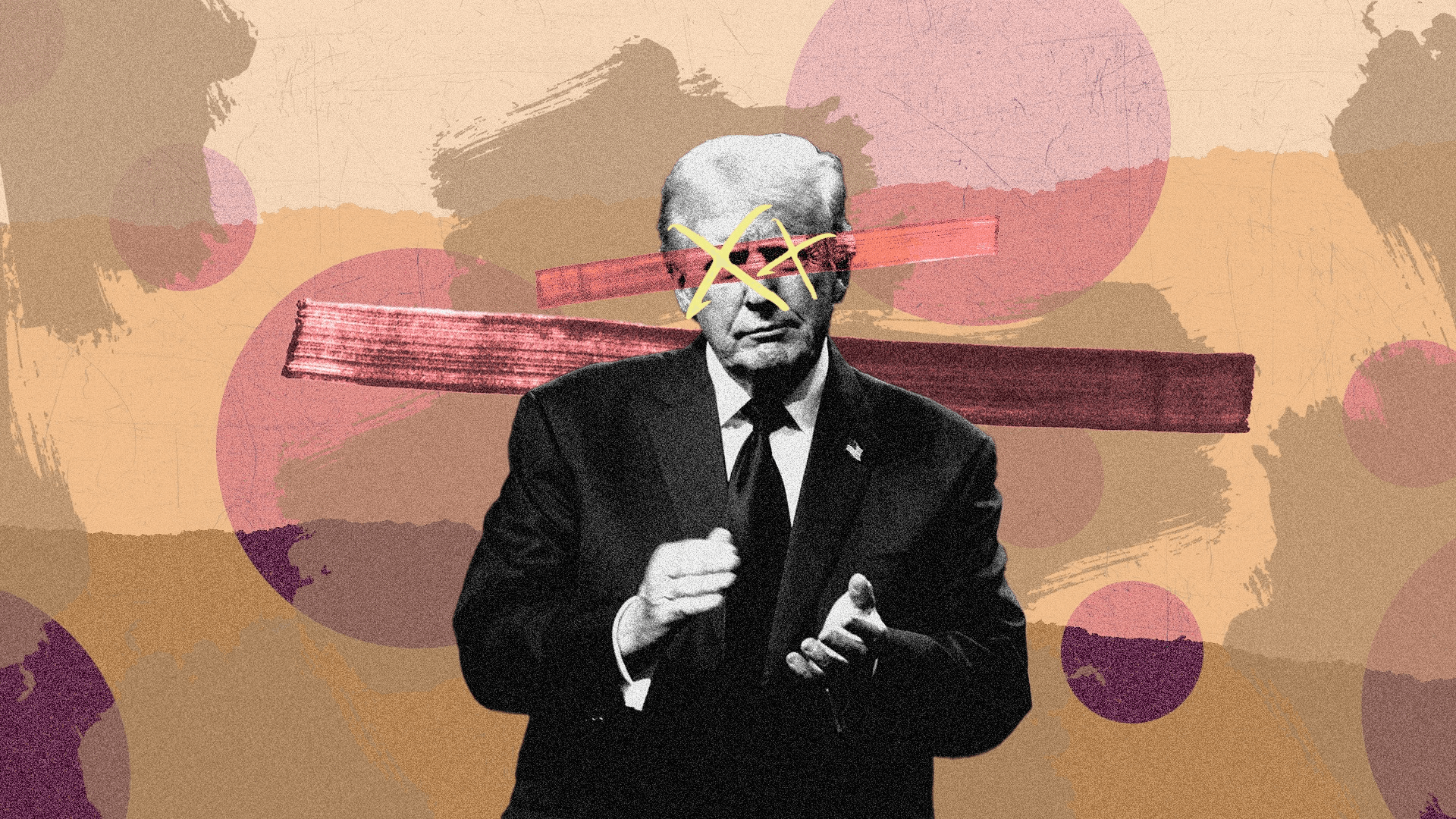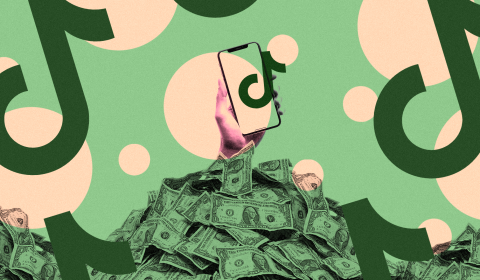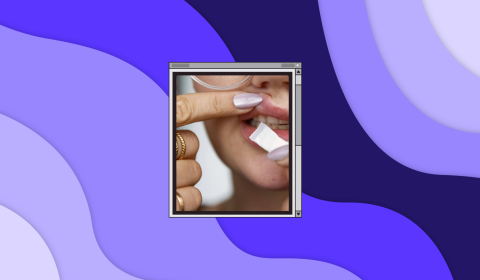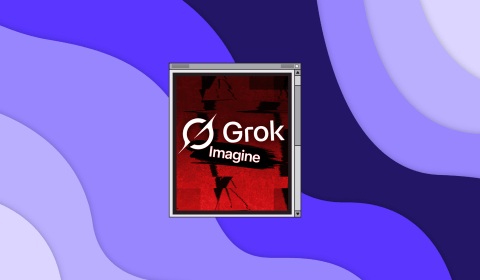Welcome to the latest edition of The Gen Zer. This week, we take a look at how brands are creating unique experiences to appeal to younger demographics. Plus, TikTok hosts a Trump inauguration party for influencers and new studies suggest Gen Z are burnt out at work.
![]()
As any digital content manager is likely to tell you, successfully marketing your products to Gen Z can be an uphill battle.
Thanks to the rise of social media, they are digitally-savvy consumers with little incentive for brand loyalty and are a hard demographic to resonate with. They’ve entered an extremely competitive workforce amidst pandemics and an ongoing cost-of-living crisis that is affecting everything from housing to grocery shopping. To put it bluntly, living isn’t cheap; especially when you’re only just beginning to find your footing as an adult.
So, how do brands cut through the noise of an increasingly cluttered advertising market and leave a lasting impression?
A recent campaign by Glossier called the ‘Black Cherry’ has seemingly struck gold, having sold out twice over of its latest family of ‘cherry’ products, which include a free padlock alongside a collection of beauty items. The company is also launching a pop-up photo booth experience called ‘DotWorld’ in Bloomington at the Mall Of America this coming weekend. This campaign will include plenty of opportunities for social media snaps, countless free samples and customisable charms.
View this post on Instagram
The success of this launch makes clear that experiences and personalisation are key pillars of successful Gen Z marketing. If brands want to genuinely compel younger customers to take note, then they need to demonstrate a thorough understanding of their consumers and offer them exactly what they want. It isn’t enough to run a few targeted adverts across Facebook, Instagram and Snapchat – companies must offer pop-ups, shows, and tangible reasons to talk about their products.
Research from SAP Emarsys in 2024 found that almost half of Gen Z customers have abandoned a brand because they grew ‘bored’ of them. The study also mentioned that 28% of Gen Z seek out companies that aim to provide ‘memorable experiences’, which is an 11% increase over older generations. The numbers are clear; brands must innovate, entertain, and distinguish themselves from others in the market.
Nowhere is this more obvious than on TikTok. Many companies have dropped any pretence of professionalism across these channels, instead adopting a playful, authentic and socially-savvy approach that is primarily designed to stir conversation and increase brand awareness. Think companies like Ryanair, Duolingo and KFC. All of these brands have let their Gen Z social media managers run amok, posting nonsensical memes and content that is neither traditional nor corporate. The result? Engagement. Tons of it.
View this post on Instagram
All these different campaigns share a single key similarity. They’re attempting to be personable and specific, reflecting the attitudes and experiences of their target demographics by dropping the traditional ‘professionalism’ of yesteryear. This content is not about direct sales, but rather brand recognition. In the age of busy advertising and constant information, becoming a memorable name is invaluable, regardless of how you get there.
This approach can even be felt across the political spectrum. Trump’s recent re-election can be partly attributed to a similar mentality of noise and recognition. When attention is the most valuable form of currency it needs to be obtained in any way possible. In 2025, being the loudest in the room is to be the most heard, the most thought about, and ultimately the most likely to retain the support of your audience. Information is constant and overwhelming. Gen Z are swimming in it – and many voted Trump.
Now, we’re not saying that brands need to be as abrasive as the Trump administration to be heard. What we are saying is that marketers should be paying attention to how Gen Z perceive content, both online and in person. Personability and a unique brand voice that speaks to consumers in authentic ways is the most effective approach to retaining their much sought-after interest. Keep them watching, chatting, and engaging with your brand by any means necessary.
And if Glossier’s success proves anything, it’s that you can never go wrong with a freebie.
See also:
🌏 Gen Z around the Web
the latest stories in youth culture and changing trends . . .
![]()
These influencers helped get Trump elected. Now they’re ready to party (rolling stone)
So, Trump is back in office. While his leadership style is disruptive and polarising – to put it mildly – it seems that many Gen Zers are warming up to his administration. Nowhere is this more obvious than on TikTok, where influencers and podcasters are shaping the political conversation for young people. Rolling Stone spent time with the right-wing influencers that celebrated Trump’s win in Washington D.C. Read more
Gen Z employees are stressed, depressed, and burnt out (quartz)
This one isn’t exactly surprising. It turns out that Gen Z are feeling the stress of modern work, at least according to new statistics published by MetLife this week. Of those surveyed in its 2025 Employee Benefit Trends Study, less than one in three Gen Z employees said they feel holistically healthy. This means that a large majority do not feel they have adequately secure mental, financial, social or physical health. These numbers are more than any other generational workforce. Read more
How Gen Z helped drink Guinness dry – and its stout rivals cashed in (the guardian)
We’ve all heard the claims that young people are drinking less, but how true is this really? For the UK at least, it seems that Gen Z are continuing to indulge in traditional, boozy fun, having recently fallen hard for Guinness. The drink has become so popular with younger people that it lead to a national shortage in late 2024 and rival stout drinks enjoyed a surge in sales. Some pundits reckon it’s thanks to challenges such as ‘split the G’ on social media and endorsements from celebrities like Kim Kardashian. Read more
Pub campaigners go viral with Gen Z TikTok trend (bbc news)
Speaking of alcohol, a pub in Dorset called the Elm Tree Inn closed in November 2023. Local protestors have been trying their best to save it by tapping into Gen Z trends on TikTok. Their efforts have caught the attention of social media users from all over the globe, having amassed over 1.5 million views on several viral videos that see older villager campaigners adopt Gen Z slang. It’s a trend that many brands have latched onto over the last six months, often with exceptional results. Read more
![]()
That’s all for this week! Make sure to subscribe for the latest on Gen Z and youth culture, and check out The Common Thred for a weekly roundup of the latest news, trends and thought pieces.

















